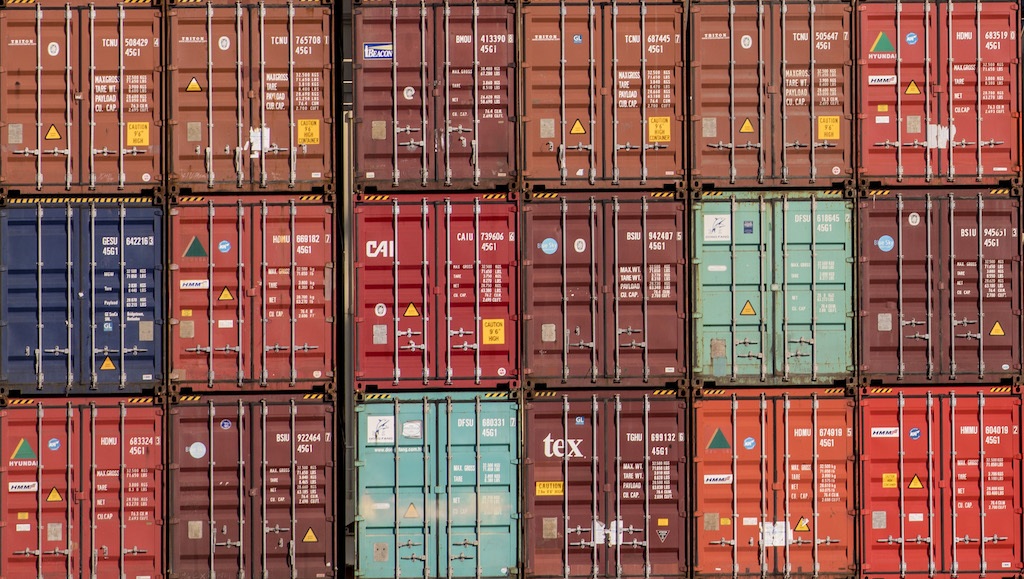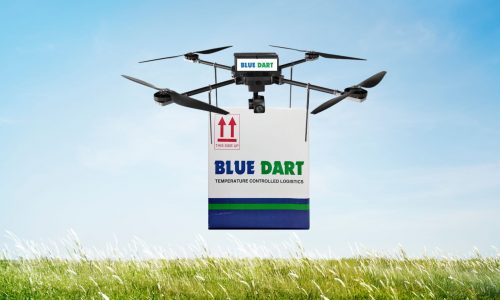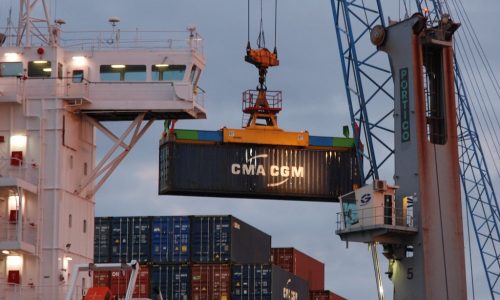
The ocean container industry can save $4bn per year in costs with just a 50% adoption of the electronic bill of lading (eBL), and the Covid pandemic has accelerated the need for eBL implementation.
New research by the Digital Container Shipping Association (DCSA), founded by the major ocean carriers, shows that processing a paper bill of lading costs three times as much as an eBL.
DCSA said that the promise of an eBL for the container shipping industry has remained “elusive” since the first efforts to digitise bills of lading in the late 90s.
Eliminating paper from the shipping transaction will make every aspect of commercial container shipping “better, faster, cheaper, more secure and environmentally friendly”.
Despite those clear benefits, argued DCSA, the industry lacks a standardised approach to drive wide adoption of the eBL.
Said a DCSA spokesperson: “The time to digitise and standardise BL is now, and we call on all industry stakeholders to collaborate with us. So, what has to happen to enable mass adoption of an industry standard eBL in container shipping? Robust technology, acceptance by government authorities, banks and insurers, and open collaboration.”
While eBL has been called the “Holy Grail” of global trade, there are a number of obstacles on the road to attaining it.
Added the DCSA spokesperson: “But for everyone whose business relies on getting a bill of lading from end-to-end, the effort is worth the reward. Eliminating paper from the shipping transaction will make every aspect of commercial container shipping better, faster, cheaper, more secure and environmentally friendly.
“Despite the lack of a standardised approach to digitalisation, some carriers and solution providers have continued to move forward with proprietary eBL initiatives, albeit at a limited scale.”
DCSA cited André Simha, Global Chief Digital & Innovation Officer for MSC and DCSA Chairman, who said: “The COVID-19 situation is bringing the core strengths of a standardised eBL to the fore. Cargo in ports cannot be gated out because of paper that is stuck elsewhere due to airfreight delays caused by the pandemic.”
In an effort to fully understand the benefit of digitising the BL, DCSA carried out a financial modelling exercise to quantify the potential cost savings for switching from the paper BL to the electronic version.
Added the spokesperson: “The complexity inherent in using BL means the actual process cost for a single BL can vary widely. Nonetheless, our research[1]derived a comparison that indicates the total cost of processing paper bills is almost three times that of eBLs.
“At a global economic growth rate of 2.4% through 2030[2], as forecasted by the OECD, we estimate that the industry can potentially save more than $4bn per year if 50% eBL adoption is achieved.”
Airline association IATA introduced e-Air Waybills (e-AWB) for airfreight in 2010. At present, adoption of e-AWB is over 68%.
Said DCSA: “If we start on standardising eBL now, we have reason to believe a 50% adoption rate is feasible by 2030.”
DCSA will embark on an initiative to enable the open collaboration necessary for achieving full eBL adoption.
As part of this initiative, DCSA will develop open source standards for necessary legal terms and conditions, as well as definitions and terminology to facilitate communication among customers, container carriers, regulators, financial institutions and other industry stakeholders.
“DCSA’s mission is to drive alignment and digital standardisation to enable transparent, reliable, easy to use, secure and environmentally friendly container transportation services. Digitising documentation, starting with the bill of lading, is key to the simplification and digitisation of global trade” remarked Thomas Bagge, CEO of DCSA.
“The transformation that has taken place in the airline industry is an example of what’s possible if we work together. The e-AWB is now the norm rather than the exception among air carriers.
“We invite industry stakeholders to work with us to create standards that will make the eBL maximally useful and relevant for ensuring their goods are delivered safely and seamlessly to their final destination.”
The DCSA is a neutral, non-profit group founded by major ocean carriers to digitise and standardise the container shipping industry. Its member carriers include: MSC, Maersk, CMA CGM, Hapag-Lloyd, ONE, Evergreen, Yang Ming, HMM and ZIM.

